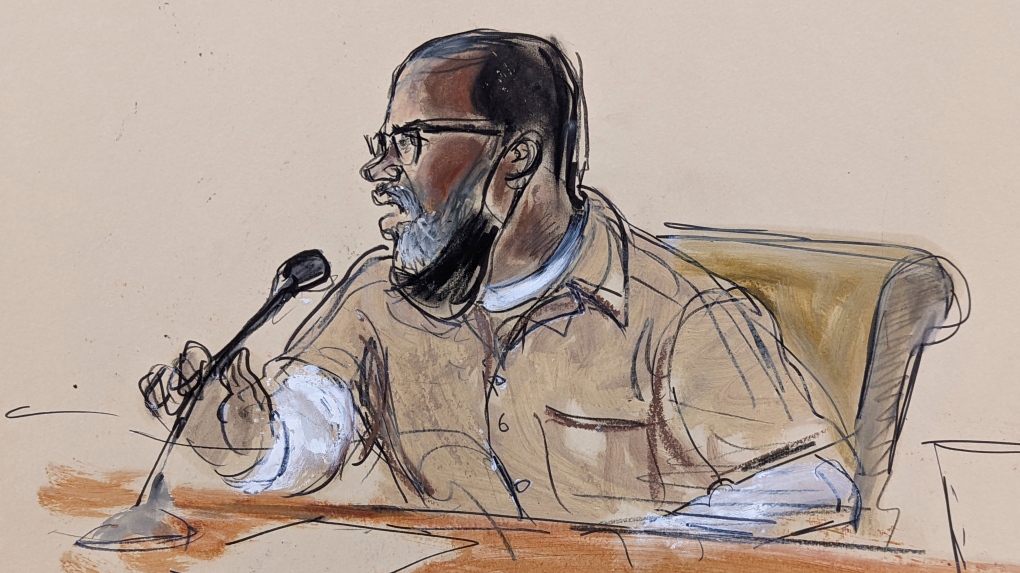The disgraced R&B singer’s defence attorney, Jennifer Bonjean, has filed a petition to the Supreme Court, requesting to throw out his Chicago conviction for possession of child pornography and enticing minors to engage in sexual activity, claiming that the charges should be barred by the statute of limitations.
R. Kelly was already serving a 30-year sentence for sex trafficking, stemming from his 2021 New York case, at the time he was convicted of child pornography in Chicago for which he was sentenced to 20 years in 2023. He is also appealing the New York conviction, though that case is not part of the high court petition.
In the petition, Bonjean argues that the musician was wrongly retroactively prosecuted under a federal law – the PROTECT Act – which passed in 2003 and made the statute of limitations indefinite for sex crimes with minors.



If SCOTUS strikes down the PROTECT Act, it will be a very sad day for the country. It will effectively overturn any conviction that Act was used to secure, though I think his case is probably the most prominent conviction to date. I think he’s only seeking reversal on the Chicago one to use as precedent for the New York one. Or to “try again” if that doesn’t work. When you’re facing 30+ years, can’t hurt to try, I guess…
Highly doubt that would happen. If anything, the current court would the project 2025 censorship agenda and support the Protect Act provisions that were already (correctly) struck down in Ashcroft v. Free Speech Coalition (it was just that time’s edition of the overbroad “protect the children!!!” bill that did some good and some bad; most of what remains today and hasn’t been struck down is good though).
It’s also not the law criminalizing CP so that could be where his argument might fail.(nevermind; he’s talking about the provision that extends the statute of limitations)